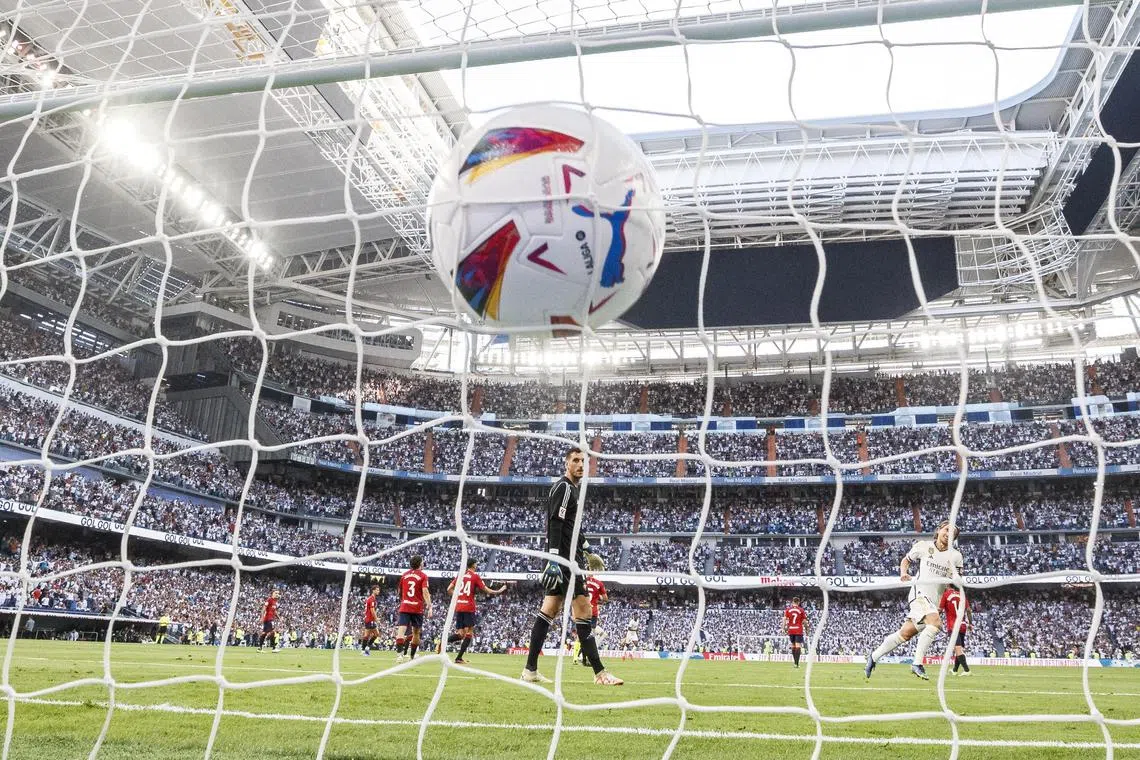Three continents, six nations – the fine mess that is the 2030 World Cup
The Beautiful Game’s biggest tournament will be a logistical nightmare for the 48 teams and the millions of fans

FIFA – football’s world governing body – recently dropped the bombshell announcement that the 2030 World Cup will take place in not one but three continents, with matches taking place in six (yes, six) different countries.
It was both a historic and baffling announcement, to say the least, and one that caught even the sport’s most seasoned experts by surprise, given that the news came a full year ahead of schedule.
I’m still trying to wrap my head around the logistical nightmare of organising such a tournament. For the teams and spectators, they will have to endure significantly higher costs and travel time as they move across borders and time zones – a flight from Buenos Aires to Madrid takes 13 hours – over the course of the six-week long spectacle.
Centenary celebrations
First, let’s try to digest what little we know about the 2030 edition of the sport’s most-watched showpiece, which will mark the centenary of the first World Cup that was staged in Uruguay back in 1930.
There will be 48 teams set to play a total of 104 games, with the six host nations getting automatic entry to the tournament.
The first match will take place in Montevideo to recognise Uruguay’s status as the first World Cup host nation and winner. The second game will be held in Argentina, the 1978 host and the winner of the last tournament in Qatar 10 months ago.
Navigate Asia in
a new global order
Get the insights delivered to your inbox.
Paraguay will have the honour of hosting the third match, in recognition of the country’s position as the birthplace of South America’s football federation, Conmebol.
The remaining 101 matches will be divided between Spain and Portugal in Europe, and Morocco in northern Africa.
This is the first time that Morocco and Portugal will host the World Cup, while the last time Spain did so was more than 40 years ago in 1982. Morocco will also be just the second African host after South Africa in 2010.
Bizzarely, Fifa confirmed that the opening ceremony won’t be held in South America, but rather in either Spain, Portugal or Morocco – a decision that makes zero sense given that the first match will be played nearly 10,000 km away in Uruguay.
What’s more, shuttling from one continent to another creates the unusual problem of some teams playing in two different seasons at the same World Cup.
The teams that are picked to play in one of the three South American openers before heading to Europe or Africa for the rest of the tournament would switch from winter to summer in the space of a few days.
Who gets what?
The Fifa council’s acceptance of this unique 2030 candidacy still needs to get formal approval, and this will be rubber-stamped at the governing body’s next congress. This meeting of Fifa’s 211 member federations is set to take place in Bangkok in May next year.
After that, we are likely to get more details about the tournament, including the exact venues and the number of matches to be played in each of the three core host nations. After all, 101 doesn’t divide easily by three, so at least one country will have less fixtures than the others.
Besides finding out which host will get to stage the opening ceremony, the more thorny issue is about the venue for the grand final, which Fifa has confirmed will take place on July 21, 2030.
We can expect all manner of jostling and posturing by Spain, Portugal and Morocco in the coming months as they state their case for why they should host the championship match.
Already, Morocco – the team that finished fourth at last year’s World Cup – is busy pushing the capital Casablanca as the most ideal city for the final.

The smart money at this early stage, however, is for Fifa to eventually award the final to the Santiago Bernabeu stadium in Madrid, the 85,000-capacity venue that’s home to Spanish football’s most decorated team Real Madrid.
Good luck trying to convince either Morocco or the 2016 European champions Portugal that they don’t deserve to host the final.
But then again, it’s inevitable that not everyone will be satisfied or happy with whatever Fifa decides. There are less than seven years to go until this massive tournament kicks off, and one can only hope that the sport’s bigwigs know exactly how to sort out this fine mess that they have created.
Decoding Asia newsletter: your guide to navigating Asia in a new global order. Sign up here to get Decoding Asia newsletter. Delivered to your inbox. Free.
Copyright SPH Media. All rights reserved.



